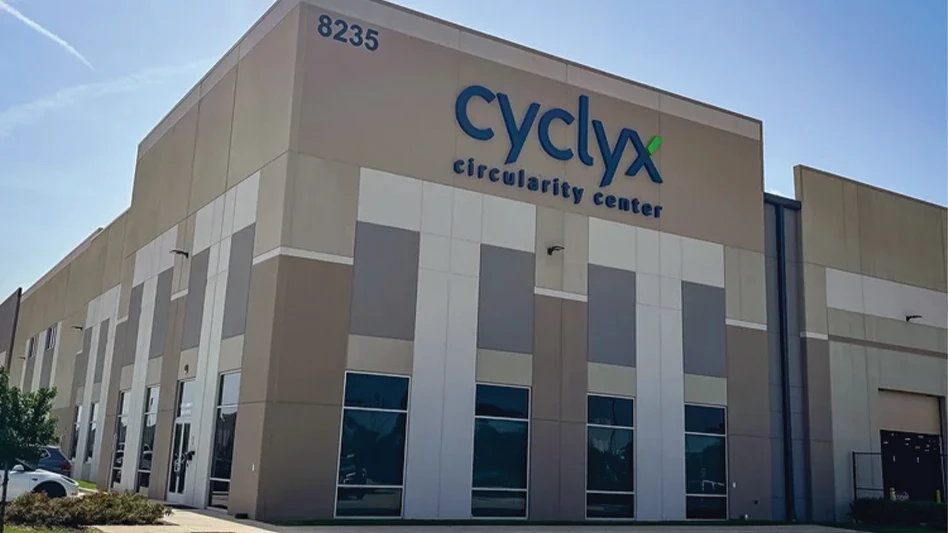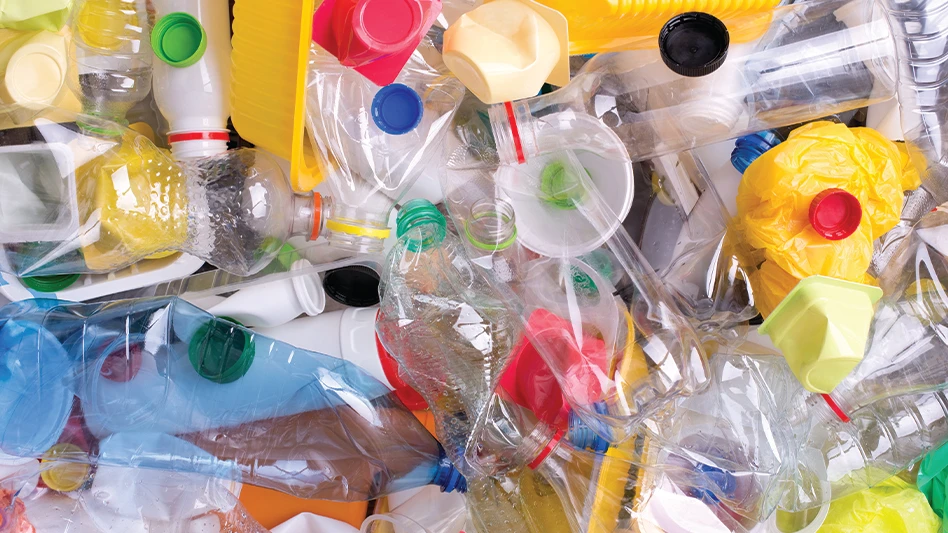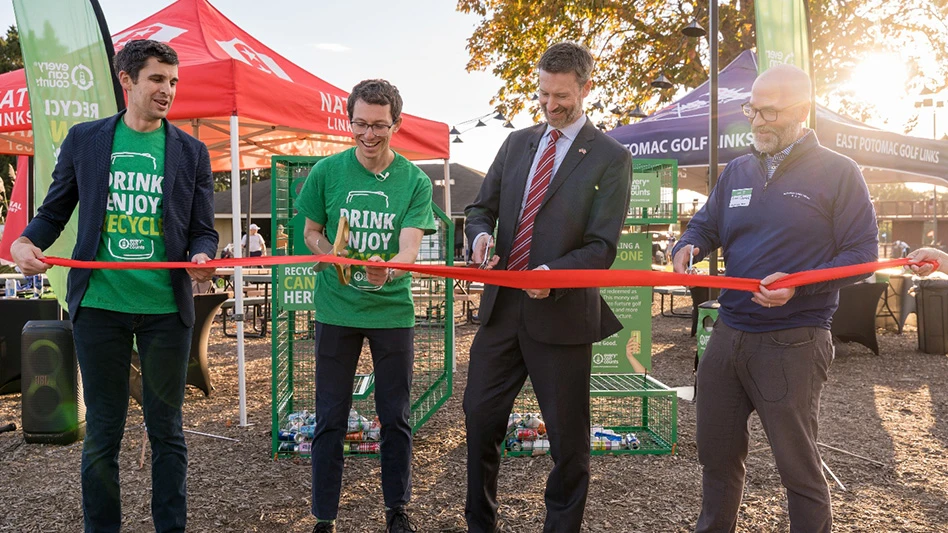
Resource Recycling Systems (RRS), Ann Arbor, Michigan, announced the release of its “Textile Recovery in the U.S.: A Roadmap to Circularity” white paper June 30. The white paper highlights the current state of textile waste in the U.S. and outlines a future-state system in which textiles are recovered for best and highest use.
“Textile waste in the U.S. has increased 78 percent in less than 20 years, while the waste stream as a whole only grew 10 percent in the same time frame,” Marisa Adler, RRS consultant and lead author of the white paper, says. “Only 15 percent of textile waste is diverted from landfills. Action is needed to change consumption, reduce the impact on the environment and develop models to recover these materials.”
The white paper analyzes potential causation of the increasing textile waste issue, including changing fiber composition, and examines how a sustainable recovery system evaluates collection, processing, end markets, education, policies and collaborative efforts.
The white paper also outlines a way forward to build a new textile recovery system that includes facets of recommerce, automated sorting and mechanical and advanced recycling technologies.
“As evidenced by recent global economic and market disruptions from events like China’s National Sword and COVID-19, the business case for more reliable, transparent and domestically powered supply chains is stronger than ever,” RRS CEO Jim Frey writes in a white paper excerpt. “It is critically important that brands, retailers, manufacturers, suppliers, consumers and the emerging textile reuse and recovery value chain come together and take steps forward with the technical, business and financial resources to get the job done.”
RRS says that the paper was reviewed by industry leaders including representatives from Worn Again Technologies, Ralph Lauren, IKEA Retail US, Circular Systems, Secondary Materials and Recycled Textiles (SMART) Association, Closed Loop Partners, Tyton BioSciences and the Sustainable Furnishings Council.
The white paper is available for free download online.
Latest from Recycling Today
- Investors plan to reopen lllinois iron foundry
- Algoma loses money, names new CEO
- ReMA opens nominations for 2026 Young Executive of the Year Award
- PPRC 2025: Tracking EPR’s progress
- North Carolina announces $25M in grant funding to strengthen recycling, waste management infrastructure
- L’Oréal joins Nextloopp Americas
- Ambercycle partners with REI
- WM reports mixed results for Q3





